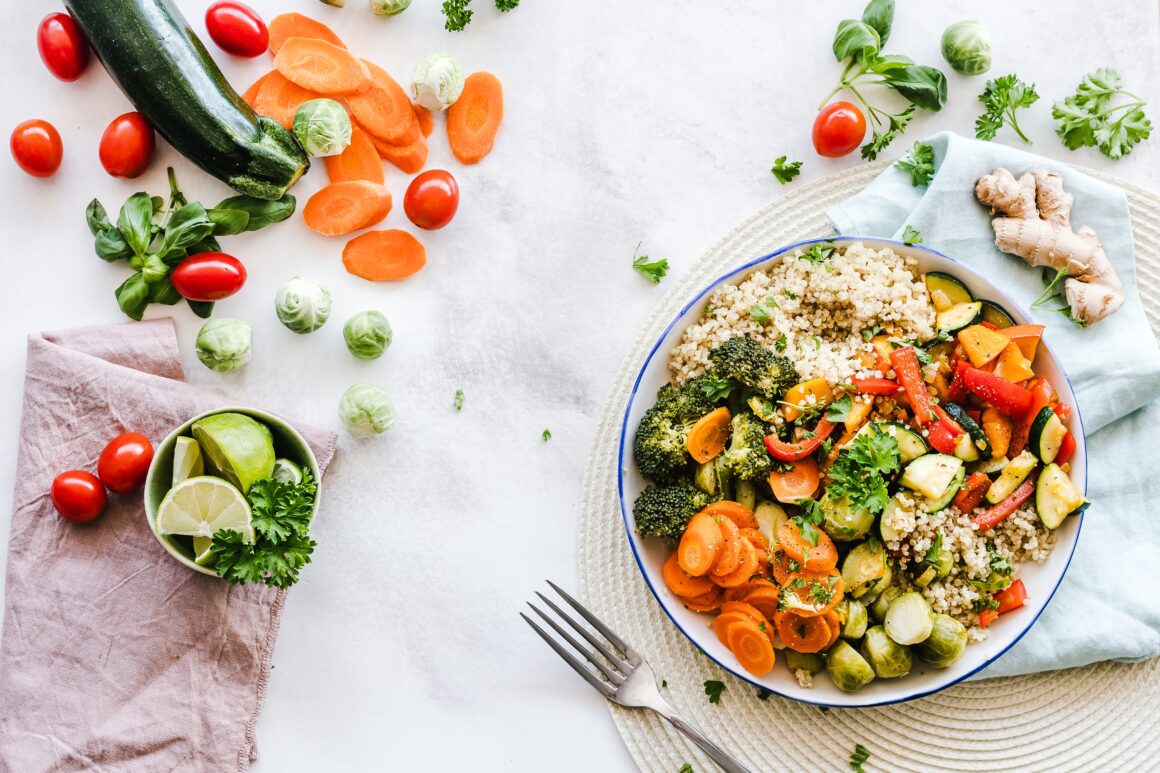Plastic does make life convenient, it can be made into dishes and eating utensils, but those single-use plastic products you are using are causing a threat to animals and biodiversity. Billions of pounds of plastic can be found in our oceans. It makes up 40 percent of the world’s ocean surfaces. It is expected to outweigh all the fish in the sea by 2050.
Every year, 8 million tons of plastic are dumped into our oceans. This problem, plastic pollution, has a direct and deadly effect on wildlife. Sea animals are killed each year after ingesting or getting entangled in plastic litter.


The short-lived use of millions of tons of plastic is unsustainable and dangerous. Lids, bottles, cans, bags and straws are ever-present. Whenever you grab a shopping bag or ask for a straw, that is an action that’s putting biodiversity in risk, which is why, people need to work together to stop the use of plastic, or limit it, at least.
Yes, some plastics do end up recycled. but, most, are not. It is estimated that only 12 percent of plastic waste gets recycled. The plastic that does not get recycled ends up on landfills. Plastic only spends a fraction of its lifetime serving a purpose, then for the rest of its life, we are talking, 1000s of years, it stays on landfills, and ends up in local waterways endangering animals.
It is not like we don’t know the solution to the problem, It is obvious, but not enough people are willing to do. Surely, It is difficult to give up plastic altogether, but we can reduce our dependence on it. Getting plastic out of the picture will take some effort, but its worth the planet.
Here are some ways you can create a difference.
1. Canvas groceries bag: Bring your own grocery bag to the store instead of buying those plastic bags every time, plus, you are also saving money.
2. Glass water bottle: Fill up your own water bottle at home, instead of buying plastic water bottles. Again, you will save money.
3. Glass straw: Think of how much plastic goes to waste all those times you ask for a plastic straw at a food place. It is time for you to bring your own, as it will make a huge difference. A plus, is that your teeth will thank you for not chewing on a plastic straw.
4. Beach cleanups: Always clean up after yourself. After a picnic out at the park or the beach, make sure to leave with what you came with. Dispose waste in bins, and recycle what can be recycled to reduce your plastic footprint.
5. Give up gum: Gum is made of synthetic rubber, which means, you are probably chewing on plastic, Also. a very important fact to consider is that gum is made of polyvinyl acetate which is manufactured using vinyl acetate, a chemical known to cause tumor in lab rats.
6. Buy boxes: Cardboard boxes can be more easily recycled than plastic bottles.
7. Bring your own container: When you are picking up takeout or bringing home leftovers, bring your own reusable container to put your food in.
8. Bring your own thermos: Most coffee shops will be okay with filling your thermo if you ask them. Disposable coffee cups’ danger can be avoided if you bring your own mug.
Also, the chemicals found in traditional household cleaners have the potential to do serious damage to the environment, which is why you need to go all-natural with cleaning. Make your own cleaners.
Vinegar: Cleans almost everything at home, the essence may be nasty so it is recommended to add mint leaves or natural essences to the cleaner bottle.
Lemon juice: Great for getting rid of hard water deposits, soap scum, and polish brass and copper. It can remove stains and clean glass.
Baking soda: Deodorizes the fridge, shoes, hamper, and the closet. It can also remove stains.
Those are only some ways you can help out with the problem in your everyday life. Those small changes are worth it.
Also spreading the word is a great way to get everyone working for the cause, help make others aware of the problem. Tell your friends and family how they can be apart of the solution.
No matter how small, the important thing is that we all do something. Only together we can achieve a world free of plastic pollution.

